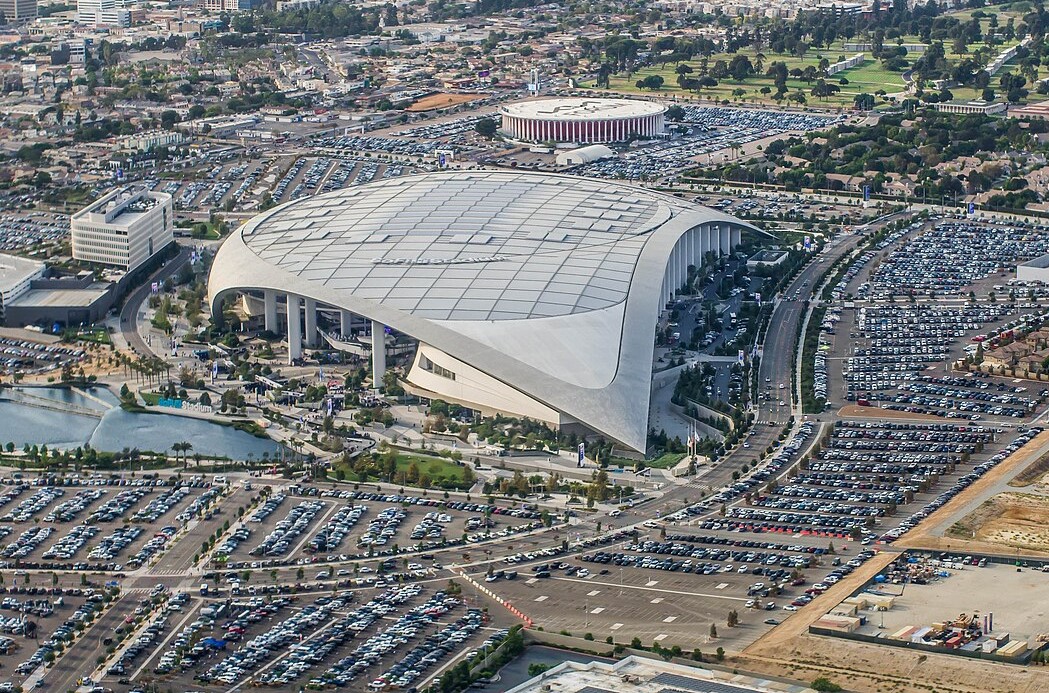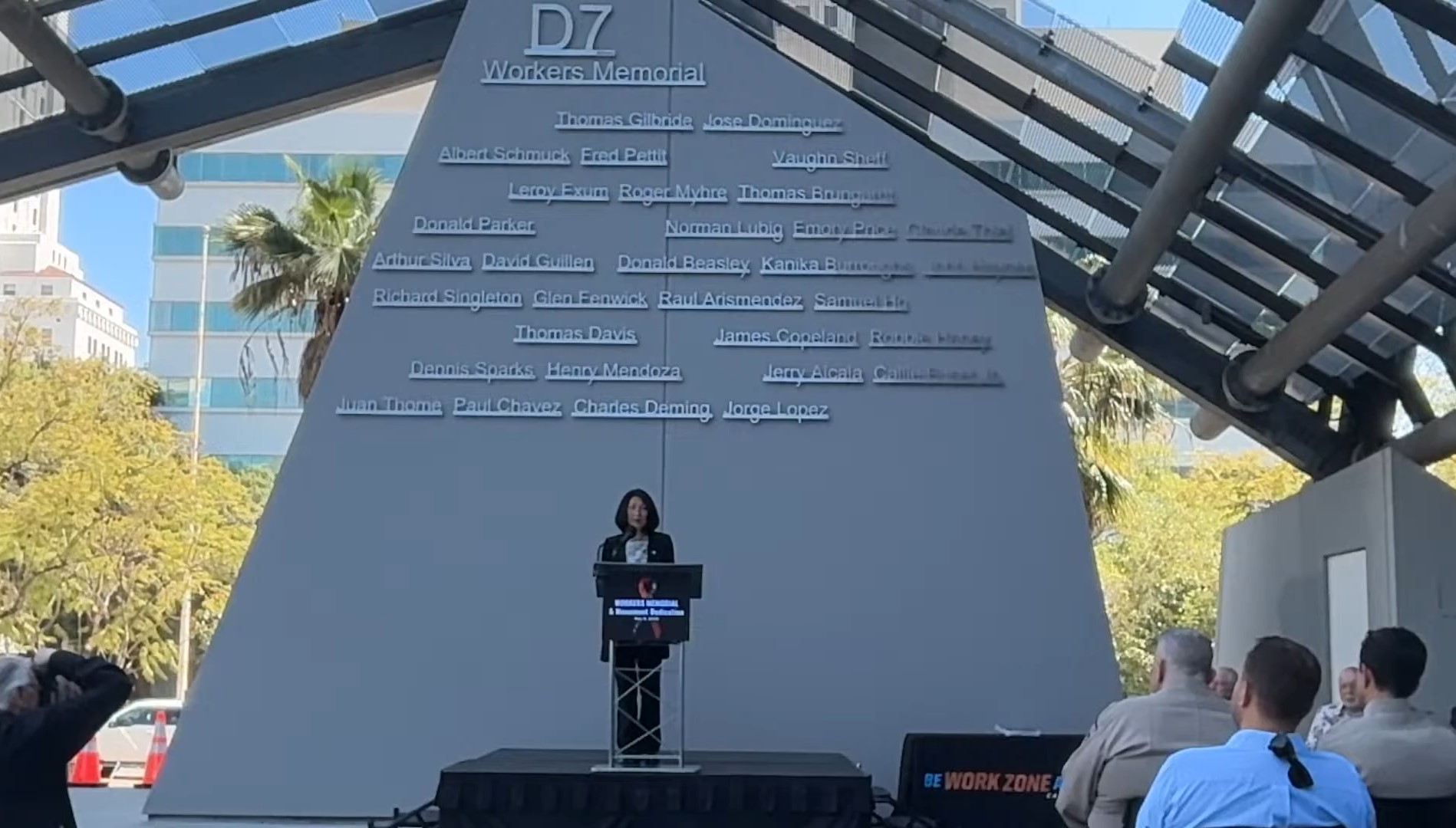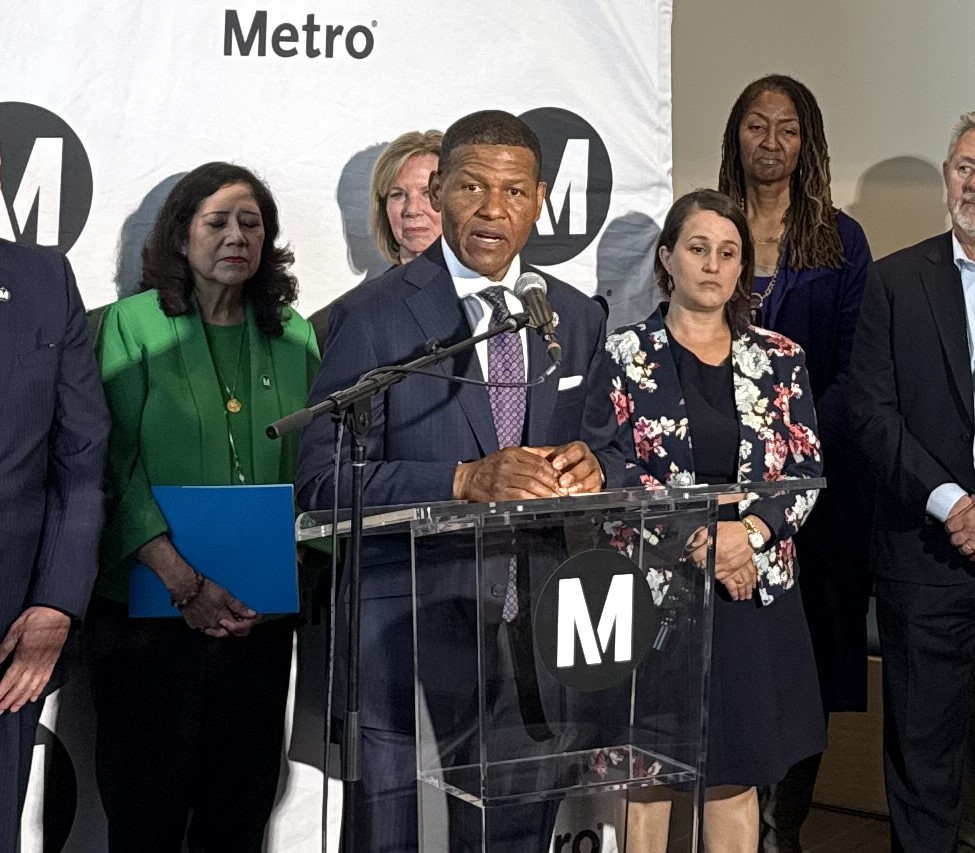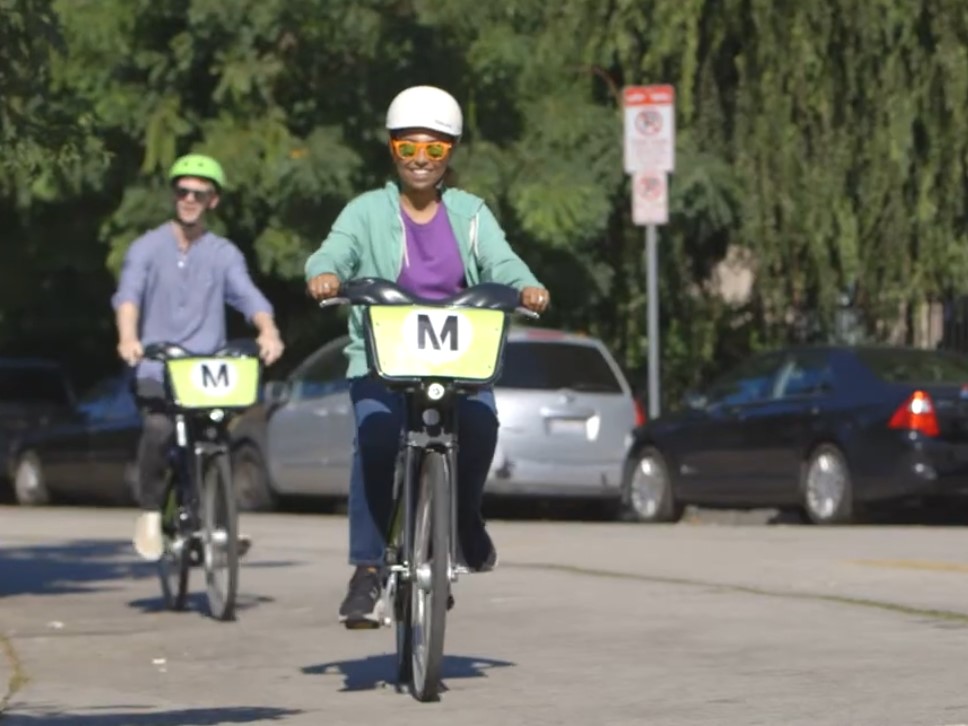Last week we talked a little bit about how mechanisms supposedly designed for safety, like cul-de-sacs and fire codes, have unintended effects that actually endanger the public.
Today Cap'n Transit brings us another good example: New York Senator Chuck Schumer wants to add airport-like security measures to the nation's buses and trains.
What could possibly go wrong? Cap'n Transit investigates:
The long lines, intrusive bag and body checks, idiotic limits on liquids and utensils, and depersonalizing identity checks have discouraged many from flying. I personally did not fly for almost five years after the September 11 attacks, partly for unrelated reasons, but also in part because I knew it would infuriate me to have to take my shoes off. I don't think I'm the only one. The beneficiaries of this bureaucratic incompetence have been Amtrak and the intercity bus companies. Although they instituted their own moronic identification requirements in 2002, at least you don't have to put your bag through an X-ray to get on a bus.
The concept of "making trains as safe as planes" is even more counterproductive. "Safety" measures like seat belts can wind up making us less safe by encouraging people to drive or fly instead of take the bus. In the same way, these "security" measures can make us less secure by encouraging people to drive or fly instead of taking buses and trains.
The worst part of it all is that if people shift from a more efficient mode like trains and buses to a less efficient mode like private cars or airplanes, that increases their fuel consumption per mile and per trip. Increased fuel consumption means more oil imported from the Middle East, which means more oil wars to secure our supply, which means more motivation for terrorists to attack the United States. It's a fake security that only winds up making us less secure.
Elsewhere on the Network today: Second Avenue Sagas reports on the prospect that struggling transit agencies will receive help from the federal government. The Wash Cycle tells the story of a bullying motorist who chose the wrong target: an off-duty policy officer on a bike. And Charleston Moves points to a report projecting that the region's growth in traffic will cause two more premature deaths each year and $21 million in additional health care costs by 2030.






